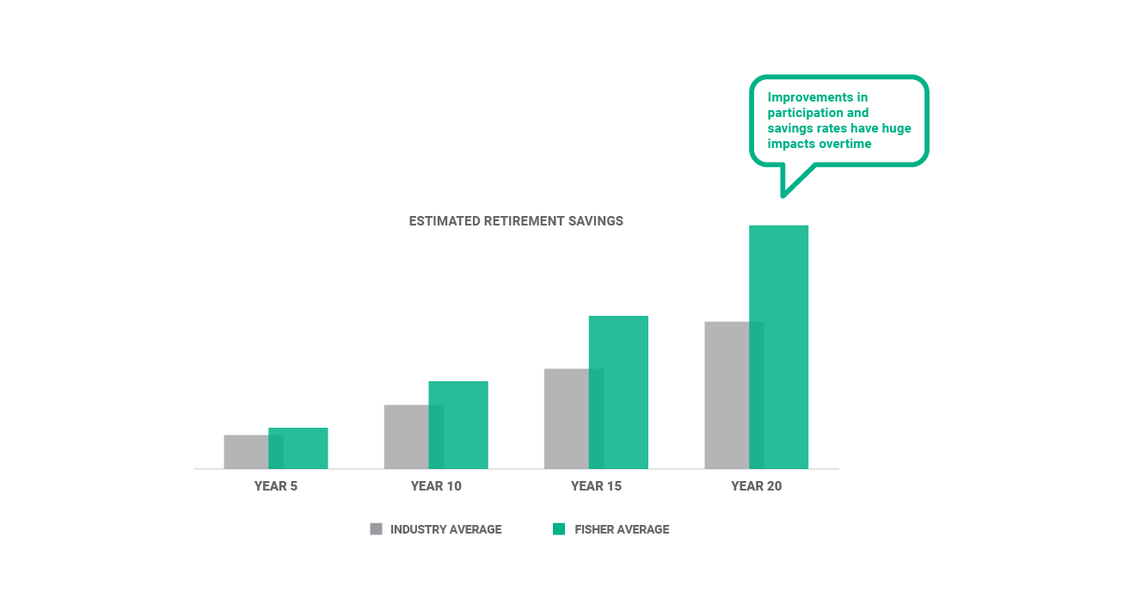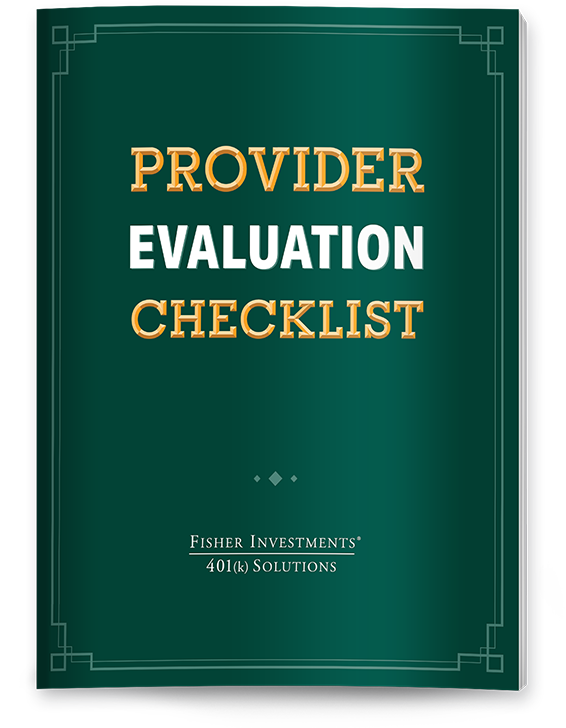Business 401(k) Services / Plan Administration
Avoid These 7 Common 401(k) Administration Issues
The Employee Retirement Income Security Act (ERISA)—the federal law that governs 401(k)s and other private-sector retirement plans—is lengthy and complex. But you can keep your 401(k) plan on the right track by following this 401(k) administration guide to avoid the seven most common administrative issues.
1. Not Checking Your 401(k) Plan Document
A 401(k) plan document outlines the specific rules and features of your plan—including eligibility requirements, allowable contributions, and vesting schedules. Under ERISA, you have a fiduciary duty to operate your plan in line with your plan document.
Sometimes that’s easier said than done. Plan documents are generally long and contain a lot of legalese, and when you’re busy, it may seem easier to take administrative actions without checking your plan document.
But it’s best not to guess. Avoid 401(k) problems by getting your service provider to clarify the legal language in your plan document to be sure your operations are consistent with what your plan promises.
2. Failing to Update Your Plan Document
The laws affecting retirement plans change from time to time. If you offer your employees a 401(k) plan, you’re required to promptly update your plan document to reflect legislative changes.
Every six years, the IRS requires all recordkeepers and third-party administrators of company-sponsored retirement plans to rewrite—or “restate”—plan documents to include the latest legal and regulatory requirements enacted by Congress, the Treasury Department (IRS), and the Department of Labor. For example, your plan document should now have an expanded definition of “spouse” to include same-gender couples.
The most recent restatement cycle, also known as Cycle 3 Restatement, took place earlier in the year with a deadline of July 31, 2022. If you haven’t yet completed Cycle 3 Restatement (and your plan was started prior to July 31, 2020,) that should be your first priority. From there, stay on top of changes by asking your service provider to help you take a proactive approach to updating your plan document.
3. Confusion in the Definition of Eligible Compensation
How you define compensation in your 401(k) plan document is important. A confusing or incomplete definition could result in missed savings opportunities (discussed below) and/or ineligible contributions to your plan, which carry tax consequences for affected employees.
Year-end bonuses, fringe benefits and other forms of irregular compensation are some of the biggest sources of confusion. Often, plans have nuanced definitions of compensation that are hard for payroll providers or recordkeepers to administer.
When in doubt, work with your 401(k) provider to determine whether you are using the correct definition of compensation for deferrals and allocations.
Interested in learning more about helping your employees make the most of their eligible income for retirement saving? Review this resource on boosting employee engagement.
4. Late Payroll Contributions
In addition to making sure participants don’t miss opportunities to save, late payroll contributions can lead to a fiduciary violation and put your plan at risk to face penalties from the DOL.
When contributions are made, it's important to follow your plan document and consult with your 401(k) provider to make sure you've corrected any issues—including making any additional contributions reflecting lost interest.
5. Misdiagnosing Failed Compliance Tests
The IRS requires annual tests for many 401(k) plan types to check that the benefits of your plan are shared broadly and fairly among your employees. Most sponsors hire a 401(k) plan service provider to complete these compliance tests, and it’s not uncommon for plans to fail some of the tests.
Take as an example the Actual Deferral Percentage test (ADP) and Actual Contribution Percentage (ACP) test. Some plans will fail one or both of these tests if the contributions going into the accounts of highly compensated employees on a given year are significantly higher when compared with the non-highly compensated employees contributions. Failing these tests isn’t necessarily a bad thing, as long as corrective measures are applied within the prescribed deadlines. A failure in these tests is a sign that most lower paid employees didn’t save enough in the plan.
Read 3 Tips for Surviving Compliance Testing Season for a more in-depth dive into this topic. And to prevent failed tests in the future, consider a safe harbor 401(k) plan—a type of 401(k) with an employer match that allows you to avoid most annual compliance tests.
6. Failing to Distribute Notices and Disclosures in a Timely Manner
You have a fiduciary duty to distribute certain materials and disclosures to newly eligible employees and existing participants. The goal is to provide employees with the information they need to make timely and informed decisions about their 401(k) accounts.
The good news is that someone else (either the TPA or recordkeeper) puts together the materials for you to distribute. And if you have a 3(16) plan administrator, they'll take care of the distribution step too.
7. Not Clearly Communicating to Employees the Rules for Distributions and Loans
Participants are often tempted to dip into their 401(k) savings to fund home improvements or handle unforeseen expenses. That’s why it’s important to understand what your business has determined they can do under the terms of your plan document.
Each 401(k) plan has specific rules surrounding distributions (including hardship distributions) and loans. For instance, your plan may have limits on how many loans an individual participant may take and how much they may borrow. You may want to ask your service provider to explain your specific distribution rules.
As someone who manages a company 401(k), you may want to ask your service provider to explain your specific distribution rules. I work with clients to help clarify the duties and ongoing maintenance of distributions and loans so they don’t have to go through the trouble.
Wondering whether or not your plan should allow 401(k) loans? Review this article that walks you through the reasons you may or may not consider adding loans to your plan document.
Take Action To Get Back On Track
Retirement plan missteps can lead to fines and, in extreme cases, plan disqualification. When a 401(k) plan is disqualified—in other words, loses its federal tax-exempt status—participants may owe income taxes on some of their investments.
By following these guidelines, you’re more likely to keep your plan on track. But if you overlook something, or make a mistake, don’t panic. There are many established ways to fix and avoid common missteps. The sooner you find and fix an issue, the less impact it’s likely to have on your company and plan participants.
Let’s Make a Plan
Fisher's experienced retirement plan specialists can help you avoid these and other common plan administration mistakes. Contact us today and let us show you how we can provide administrative support for you and your plan.

See our Business 401(k) Insights
Resources and articles to help your business with retirement plan support, optimization and administration.






